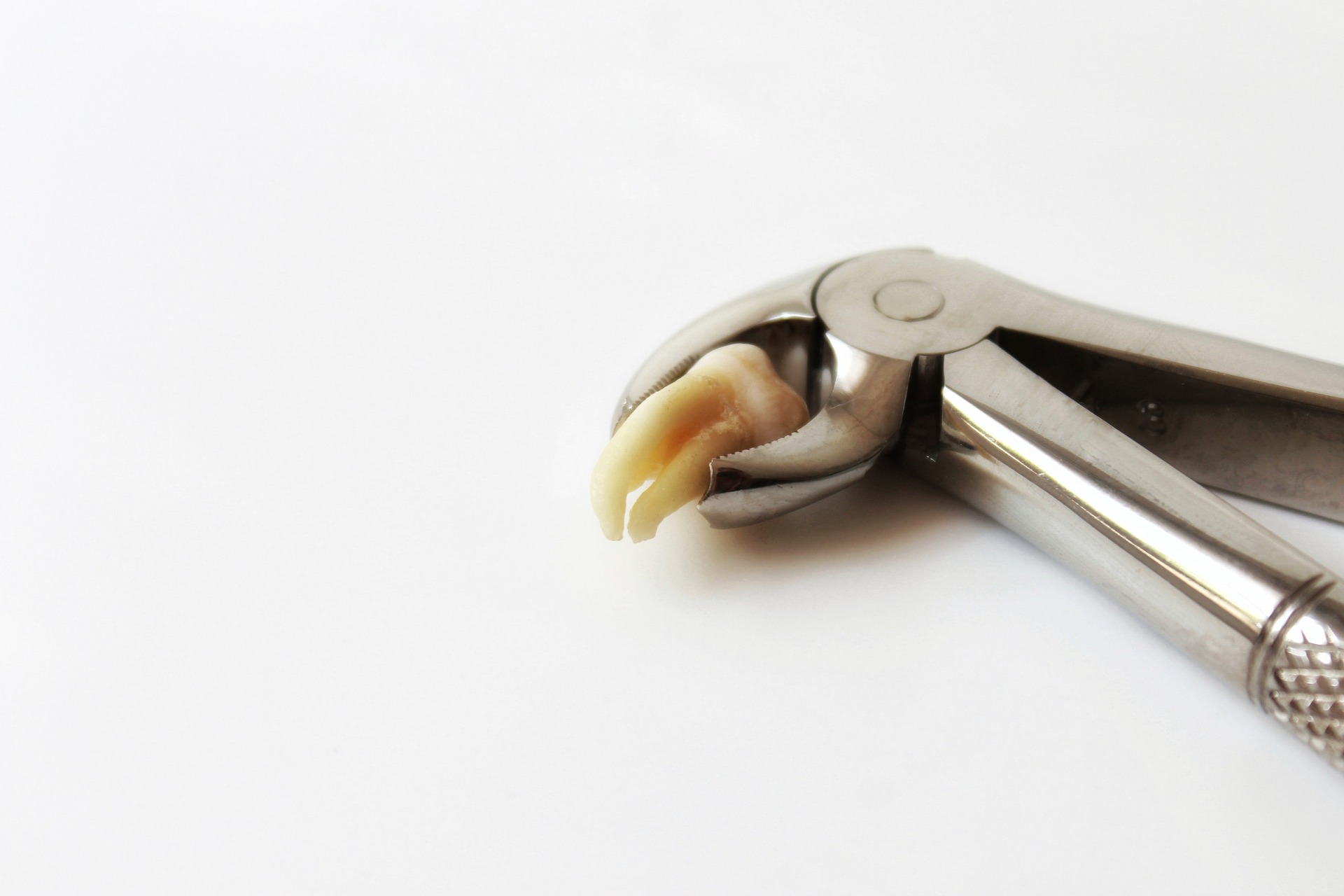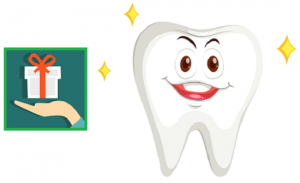Should I remove my wisdom teeth
Wisdom teeth are evolutionary remnants of the past and usually only come up in conversations when they start causing trouble. In fact, wisdom teeth give rise to particularly many questions: Is it wise to remove them before they cause problems? What happens during a wisdom tooth removal operation? What costs - and even more importantly - how much pain should I expect? Because we know how uncomfortable wisdom tooth operations are, we will cover all of these topics in this blog post.Index
- When does a wisdom tooth need to be removed?
- Should I have my wisdom teeth removed preventatively?
- How much does a wisdom tooth removal cost?
- What happens during a wisdom tooth removal?
- How long does a wisdom tooth removal take?
- What happens after the wisdom tooth removal?
When does a wisdom tooth need to be removed?
When pain, swelling, inflammations, or dental misalignments occur, a dentist visit should be the immediate next step. The dentist can then quickly ascertain, whether the problem is caused by a wisdom tooth and will also, after a thorough examination, advise on whether it is reasonable to remove the wisdom tooth (or teeth, if more than one tooth is causing trouble).
When toothache occurs, a wisdom
tooth could be the culprit.
Should I have my wisdom teeth removed preventatively?
An often contested question is whether it makes sense to remove wisdom teeth before they start causing trouble. Supporters of such a move often justify their opinion with the fact that wisdom teeth are superfluous anyway and that they are very likely to become problematic later in life, at which point they are more difficult to remove and the healing process after the procedure takes significantly longer. Still, until the present day, there is no empirical evidence supporting the preventative removal of wisdom teeth.This is why you should carefully weigh Pros and Cons and, when in doubt, consult the opinions of several different dentists prior to opting for a procedure. With us, you can check online which dentists specialize in performing wisdom tooth removals.
How much does a wisdom tooth removal cost?
The costs of this procedure are covered by insurance companies in Austria and patients only need to pay for some types of anesthesia. Here is an overview of the costs of the different procedures:- Local anesthesia (used in normal cases): almost always reimbursed by insurance companies
- Laughing gas: EUR 100 bis EUR 200
- Additional anesthesia: EUR 80 bis EUR 180 per hour; insurers pay under certain circumstances
- General anesthesia: EUR 250 bis 350 per hour
What happens during a wisdom tooth removal?
Removing a fully or partially impacted wisdom tooth requires an ambulatory procedure by an orthodontist. However, don't be scared of pain - a hypnosis against dentophobia can help to optimally prepare you for the procedure.After the onset of anesthesia, the procedure can begin: at first, the dental surgeon cuts off the gum line that has grown above the wisdom tooth and folds it to the side to expose the jaw bone. Afterwards, he disassembles the tooth into several pieces and removes them from the jaw bone. Once the wisdom tooth is removed, the surgeon sutures the wound in a way that allows for a blood clot to form where the tooth used to be so that the regenerative process can help with reforming connective tissue and bone mass.
How long does a wisdom tooth removal take?
The removal procedure usually takes between a half and a full hour. Should more or all wisdom teeth be removed at once - definitely a possibility - then the procedure can take longer and often requires general anesthesia.
A pulled wisdom tooth is one problem less to worry about.
What happens after a wisdom tooth removal?
Given that a patient can experience pain after a wisdom tooth removal, the dentist usually releases patients after the procedure with a prescription for painkillers. It is also recommended for them to take sick leave so they can take it easy. Normally, pain is not too excessive and eases up after roughly two days. Nevertheless, it is important to relax for at least two days after the procedure.For optimal regeneration, also heed the following advice:
- Avoid too much speaking and swallowing
- Eat foods that do not need to be chewed
- Cool the treated part of the mouth (helps against the pain!)
- Carefully rinse with mouthwash instead of brushing teeth
If everything goes well, a dentist can take out the stitches already within a week after the procedure.
In the meantime, we would love to hear from you – please leave any thoughts and feedback in the comment box below and enter our community by subscribing to our blog for free.


